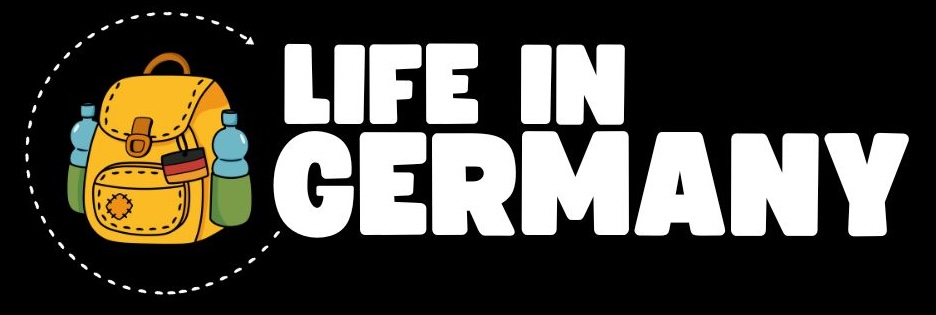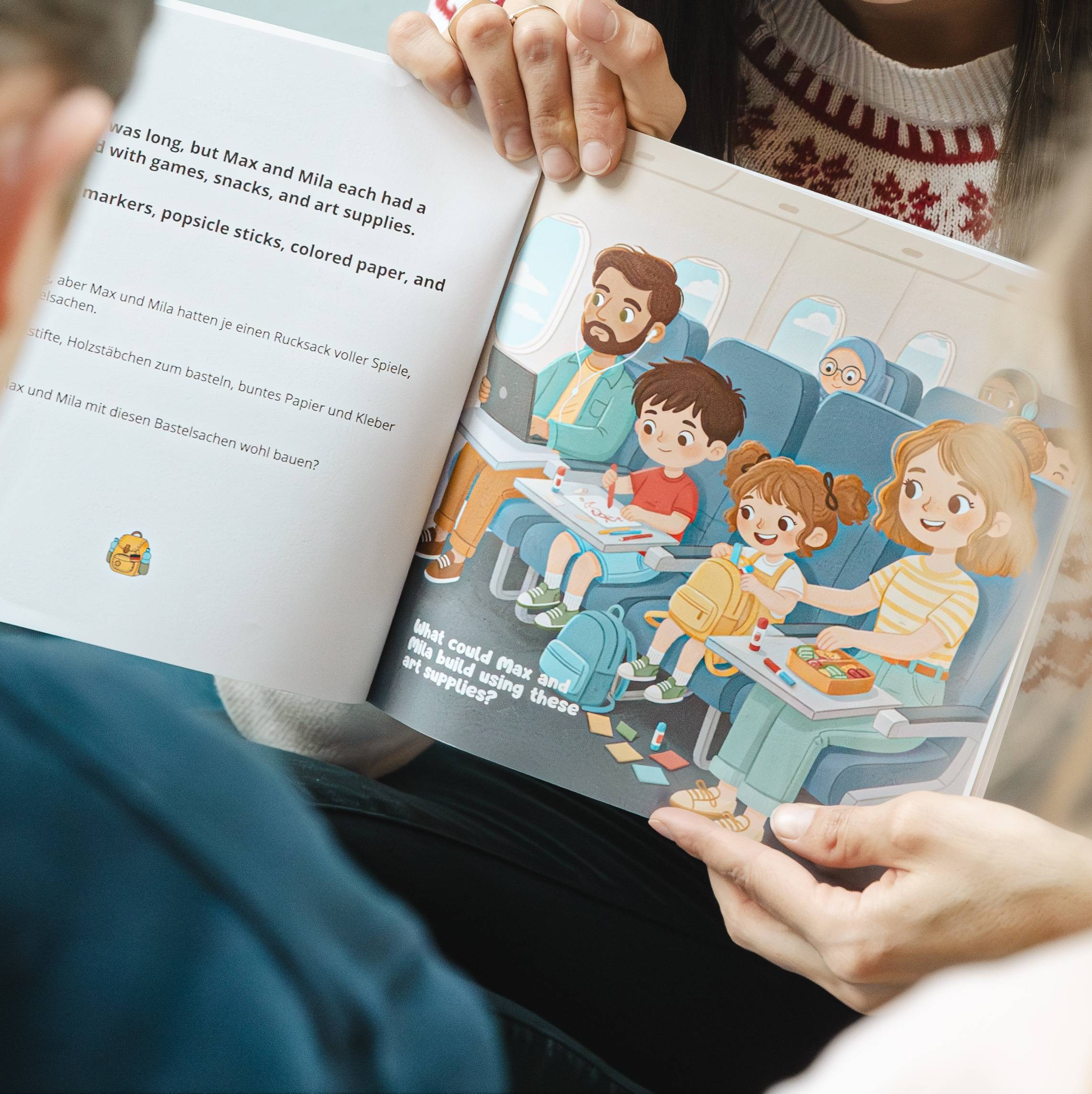If you’ve ever found yourself in conversations in Germany, trying to navigate through without stepping on any cultural toes, you’re not alone. I’ve been there, done that. Living in Germany as a Canadian has been a journey full of learning and, admittedly, a few awkward moments. In this blog, I want to share some of my experiences—especially the times I wished I knew exactly what to say…or not to say. It’s all about turning those “oh no” moments into “aha” moments, and I’m here to guide you through it.
Table of Contents
📖 Storytime about my conversations in Germany
Imagine this: You’re in the middle of renovating your house, trying to support local businesses, and dealing with the constraints of a global pandemic. That was me, not too long ago. My husband, son, and I decided to buy flooring from a local store. We thought we were prepared—called in advance, made sure it was okay to bring our son due to daycare closures, and picked a quiet time to shop. Yet, upon arrival, we were met with frustration from the store staff for occupying more space than they preferred. This interaction led to an unexpected confrontation.
Standing Up for Myself
For the first time in my seven years in Germany, I stood up for myself. I’m not one to stir up conflict, but in that moment, something clicked. Despite the initial shock and discomfort, I felt proud for speaking out. This “conversations in Germany” experience was a turning point for me, highlighting the importance of assertiveness, even in unfamiliar cultural landscapes.
Lessons Learned
- Money Talks: I quickly realized that discussions about finances are far more private in Germany than back home in Canada. Whether it’s salary, rent, or government benefits, it’s best to tread lightly.
- Formalities Matter: Addressing someone by their first name without permission? Big no-no. Learning the nuances of “du” and “Sie” was crucial to ensure I didn’t overstep any boundaries.
- Greetings with Intent: Saying “how are you?” is no simple pleasantry here. If you ask, be prepared for a genuine conversation about how someone is truly feeling.
Through these experiences, I’ve learned valuable lessons on communication, cultural sensitivity, and the importance of respecting local customs. Whether it’s a misunderstanding at a store or navigating social etiquette, every challenge has been an opportunity to grow and adapt. And let me tell you, it’s been quite the adventure.
🚫 Things You Shouldn’t Say
Hey everyone! After living in Germany for a while, I’ve learned there are certain things you just shouldn’t say to avoid those awkward moments. It’s not just about being polite; it’s about understanding and respecting the culture.
Money Matters
Talking openly about personal finances is a big no-no. Whether it’s your salary, rent, or even government benefits, it’s best to keep those numbers to yourself unless you’re really close with someone.
Formalities First
Addressing someone by their first name without an invitation can be seen as disrespectful. The “du” and “Sie” forms are sacred here. Stick to “Sie” until told otherwise.
World War II Sensitivity
World War II and the Holocaust are subjects that require the utmost sensitivity. Joking or speaking lightly of these events is off-limits. It’s a part of history that’s treated with seriousness and respect.
Apologizing
As a Canadian, I say “sorry” a lot. But in Germany, apologies are reserved for when you really mean it. So, I’ve learned to tone down my sorries to match the cultural norm.
Learning what not to say has been a crucial part of my journey here. It’s about blending in, respecting the culture, and making genuine connections.
🤔 How Are You?
One of the biggest lessons I’ve learned in Germany is how to ask “How are you?” Unlike back home, where it’s often a greeting with no real expectation of a detailed reply, here, it’s a genuine question. If you ask it, be ready to listen. It’s not just about being polite; it’s about showing true interest in the other person’s well-being. It’s a small change in my approach, but it’s made a big difference in the quality of my conversations and relationships.
🙊 Sorry
Hey everyone! Let’s talk about saying “sorry.” Coming from Canada, where “sorry” is almost a reflex, adapting to Germany was a bit of a shift. I quickly learned that apologies here are more thoughtful, reserved for when you truly mean it. So, I adjusted. Instead of tossing out “sorry” for every little bump or misunderstanding, I now pause, think, and only say it when it’s truly warranted. It’s been a small, but meaningful, change in how I communicate and respect the cultural norms here. It’s about being genuine, not just polite.
💡 Extra Tips
Before I wrap up, I want to share a few extra tips that might help you as much as they’ve helped me. First, embrace the silence. Not every moment needs to be filled with words. The silence here isn’t awkward; it’s often appreciated. Second, observe before you act. Germans value privacy and personal space, so it’s good to watch and learn from others before diving in. Lastly, remember that directness is not rudeness here. It’s just clarity. Being direct can actually prevent misunderstandings and build stronger, more honest relationships.
Made with VideoToBlog using 8 THINGS YOU SERIOUSLY SHOULDN’T SAY TO A GERMAN




